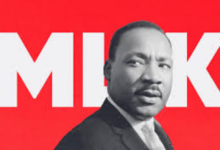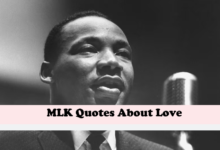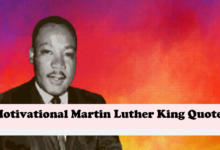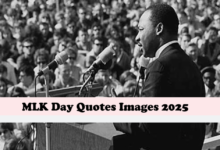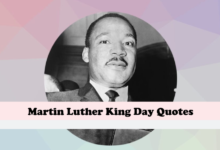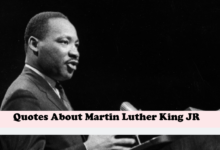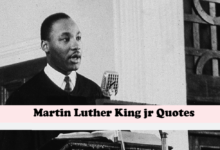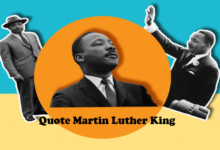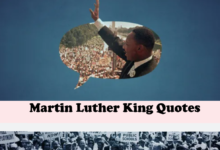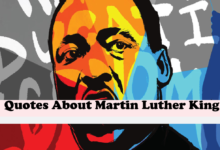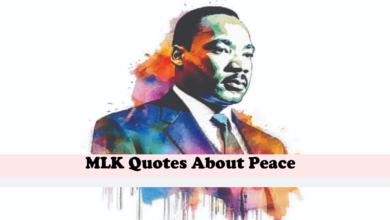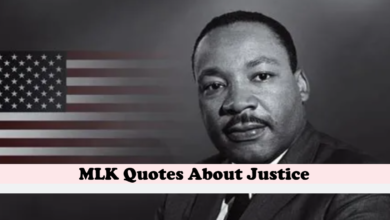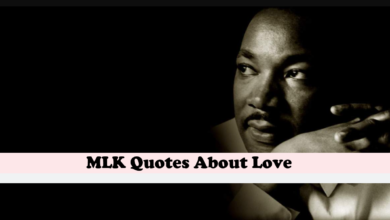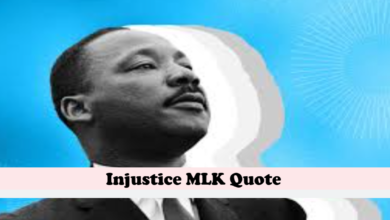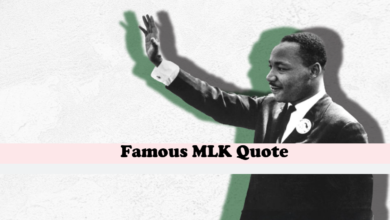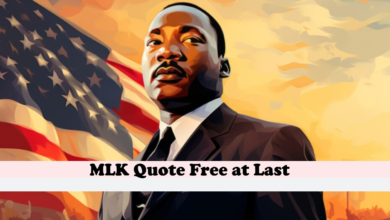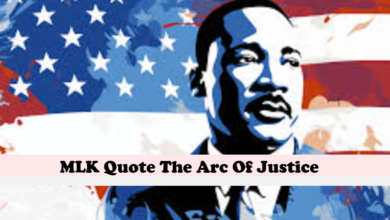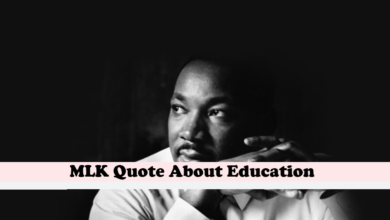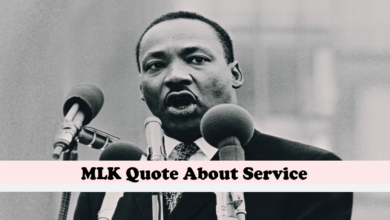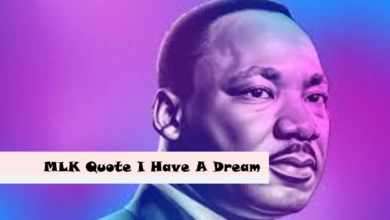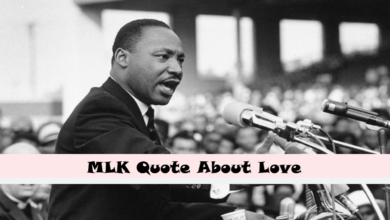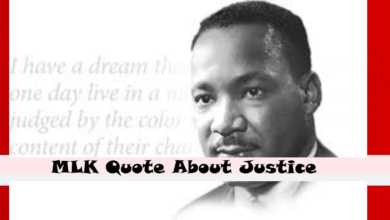MLK Quote Content Of Character
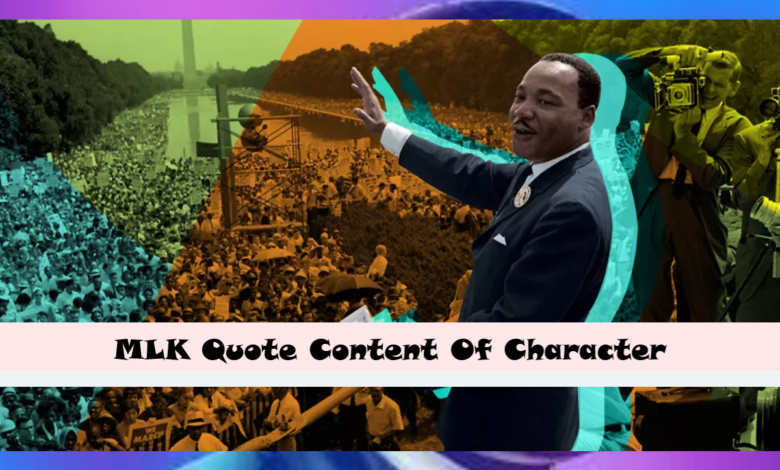
Martin Luther King Jr. remains one of the most influential figures in the history of the United States and the world. His leadership in the Civil Rights Movement, his dedication to nonviolent resistance, and his unwavering commitment to equality and justice have made him a symbol of moral integrity and social change. One of King’s most poignant quotes on the subject of human dignity and justice is: “I have a dream that one day people will not be judged by the color of their skin but by the content of their character.” These words, spoken during his famous “I Have a Dream” speech in 1963, continue to resonate with millions of people today, highlighting King’s belief that true equality lies in how we treat each other based on our moral and ethical qualities, not on superficial traits like race, gender, or social status.
In this blog post, we will explore the deeper meaning of King’s quote, the context in which it was delivered, and its relevance in today’s world. By understanding King’s vision for a society based on character rather than prejudice, we can continue to strive toward a more just, compassionate, and inclusive world.
MLK Quote Content Of Character
At the heart of King’s powerful statement is the idea that one’s character—one’s internal qualities, values, and moral compass—should be the true measure of an individual. King’s words reject racial prejudice and emphasize the importance of looking beyond external differences to understand a person’s worth. The idea of judging someone by the “content of their character” calls for a deeper, more meaningful evaluation of a person’s actions, integrity, and intentions.
King’s vision was rooted in the belief that all human beings are created equal, regardless of their race or ethnicity. His call for character over color challenged the deeply entrenched racial prejudices that existed in American society, particularly in the Jim Crow South, where African Americans were subjected to systemic racism, segregation, and discrimination. King’s quote served as a reminder that it was not the outward appearance of a person that should define them, but rather their inner qualities and how they treat others.
This message was revolutionary in its simplicity and clarity. King wanted a society where people were judged by their kindness, honesty, empathy, and contributions to the common good, rather than by the color of their skin or any other external characteristic. It was a call to move beyond stereotypes, prejudice, and discrimination, and to embrace the core values of human dignity and equality.
“I have a dream that my four little children will one day live in a nation where they will not be judged by the color of their skin but by the content of their character.”
“Forgiveness is not an occasional act. It is a permanent attitude.”
“We must learn to live together as brothers or perish together as fools.”
“Take the first step in faith. You don’t have to see the whole staircase, just take the first step.” [from the recollection of Marian Wright Edelman]
“With this faith, we will be able to hew out of the mountain of despair a stone of hope.”
“A riot is at bottom the language of the unheard.”
“The beauty of genuine brotherhood and peace is more precious than diamonds or silver or gold.”
“The arc of the moral universe is long, but it bends toward justice.”
“True peace is not merely the absence of tension; it is the presence of justice.”
“Injustice anywhere is a threat to justice everywhere.”
“I believe that unarmed truth and unconditional love will have the final word in reality. That is why right, temporarily defeated, is stronger than evil triumphant.”
“The whirlwinds of revolt will continue to shake the foundations of our nation until the bright day of justice emerges.”
“I think I have discovered the highest good. It is love.”
“I have decided to stick with love. Hate is too great a burden to bear.”
“Darkness cannot drive out darkness; only light can do that. Hate cannot drive out hate; only love can do that.”
“In some not too distant tomorrow the radiant stars of love and brotherhood will shine over our great nation with all their scintillating beauty.”
“He who hates does not know God, but he who loves has the key that unlocks the door to the meaning of ultimate reality.”
“When I talk about love … I am not talking about emotional bosh. I am not talking about some sentimental or even some affectionate emotion. I am talking about something much deeper.”
“Darkness cannot drive out darkness: only light can do that. Hate cannot drive out hate: only love can do that.”
― Martin Luther King Jr.,
“I have decided to stick to love…Hate is too great a burden to bear.”
― Martin Luther King Jr.
“I have decided to stick to love…Hate is too great a burden to bear.”
― Martin Luther King Jr.
“Our lives begin to end the day we become silent about things that matter.”
― Martin Luther King Jr.
“In the end, we will remember not the words of our enemies, but the silence of our friends.”
― Martin Luther King Jr.
Faith is taking the first step even when you can’t see the whole staircase.”
― Martin Luther King Jr.
“If you can’t fly then run, if you can’t run then walk, if you can’t walk then crawl, but whatever you do you have to keep moving forward.”
― Martin Luther King Jr.
“But I know, somehow, that only when it is dark enough can you see the stars.”
― Martin Luther King, Jr.
“Let no man pull you so low as to hate him.”
― Martin Luther King Jr., A Knock at Midnight: Inspiration from the Great Sermons of Reverend Martin Luther King, Jr.
“There comes a time when one must take a position that is neither safe, nor politic, nor popular, but he must take it because conscience tells him it is right.”
― Martin Luther King Jr., A Testament of Hope: The Essential Writings and Speeches
“Nothing in the world is more dangerous than sincere ignorance and conscientious stupidity.”
― Martin Luther King Jr.
“The ultimate measure of a man is not where he stands in moments of comfort and convenience, but where he stands at times of challenge and controversy.”
― Martin Luther King Jr.
“Intelligence plus character-that is the goal of true education.”
― Martin Luther King Jr.
“Everybody can be great…because anybody can serve. You don’t have to have a college degree to serve. You don’t have to make your subject and verb agree to serve. You only need a heart full of grace. A soul generated by love.”
― Martin Luther King Jr.
“No one really knows why they are alive until they know what they’d die for.”
― Martin Luther King Jr.
“We must come to see that the end we seek is a society at peace with itself, a society that can live with its conscience.”
― Martin Luther King Jr.
“Injustice anywhere is a threat to justice everywhere.”
― Martin Luther King Jr.
“A man who won’t die for something is not fit to live.”
― Martin Luther King Jr., The Autobiography of Martin Luther King, Jr.
“Forgiveness is not an occasional act, it is a constant attitude.”
― Martin Luther King Jr.
“If a man is called to be a street sweeper, he should sweep streets even as a Michaelangelo painted, or Beethoven composed music or Shakespeare wrote poetry. He should sweep streets so well that all the hosts of heaven and earth will pause to say, ‘Here lived a great street sweeper who did his job well.”
― Martin Luther King Jr.
“We must accept finite disappointment, but never lose infinite hope.”
― Martin Luther King Jr.
The Context of the “I Have a Dream” Speech
King delivered his iconic “I Have a Dream” speech on August 28, 1963, during the March on Washington for Jobs and Freedom. The event, which took place in the shadow of the Lincoln Memorial, drew over 250,000 people from all walks of life, united in their demand for racial equality, economic justice, and civil rights.
The speech was not only a profound expression of King’s vision for a racially integrated society but also a call for social and political change. The quote about the “content of their character” was a central part of the speech and was aimed at challenging the prevailing racial norms of the time. King spoke of a dream where African Americans could live in a society free from segregation and discrimination—a society where people would be judged by their actions and character, not by their race.
At the time, racial inequality was widespread, and King’s speech resonated as a powerful challenge to a deeply entrenched system of racial segregation and injustice. His call for equality based on character, rather than color, reflected the growing desire for social justice and civil rights that was sweeping the country in the 1960s. The speech became a rallying cry for those advocating for racial justice and set the stage for the significant legislative victories that would follow, such as the Civil Rights Act of 1964 and the Voting Rights Act of 1965.
The Impact of the “Content of Character” on the Civil Rights Movement
King’s call for judging people by the “content of their character” was not only a moral and ethical ideal but also a strategic vision for the Civil Rights Movement. The movement aimed to dismantle the system of segregation and racial injustice by appealing to the inherent fairness and decency of the American people. King believed that if the nation could come to recognize the shared humanity of all people—regardless of their race—true equality could be achieved.
King’s commitment to nonviolence and his emphasis on moral integrity were central to his leadership in the Civil Rights Movement. He believed that by maintaining a focus on moral character, the movement could avoid the temptation of hate, violence, and revenge. King’s philosophy was one of peaceful protest, civil disobedience, and moral persuasion. He urged his followers to respond to injustice with love, to confront racism with dignity, and to strive for justice through peaceful means.
The idea of judging individuals by the content of their character became a core principle of the Civil Rights Movement. It helped to frame the struggle for racial equality as not just a political or legal battle, but a moral one. By emphasizing character over race, King sought to elevate the movement beyond the rhetoric of resentment or anger and focused on the transformative power of love, justice, and reconciliation.
The Relevance of King’s Quote in Today’s World
Though King’s quote was delivered in the 1960s, it continues to have profound relevance today. While the Civil Rights Movement succeeded in securing legal victories such as the end of segregation and the right to vote for African Americans, racial inequality and prejudice persist in various forms across society. King’s vision of a world where people are judged by their character, not their race, remains an aspirational ideal.
In today’s world, we still grapple with issues of racial discrimination, social inequality, and prejudice. From the school-to-prison pipeline to the disproportionate levels of poverty faced by communities of color, the struggle for racial justice is ongoing. King’s call for judging people by their character challenges us to look beyond racial stereotypes and biases and to recognize the humanity in others. His vision invites us to build a society that values kindness, empathy, integrity, and fairness—qualities that transcend race, ethnicity, and background.
Moreover, King’s message can be applied to other forms of discrimination and prejudice, including gender, religion, and socioeconomic status. In a world that is increasingly diverse, his call for unity based on the “content of their character” serves as a reminder that our shared humanity should be the foundation of our relationships and interactions with one another.
Living the Legacy of King’s Vision
King’s quote challenges us not only to reflect on our society but also to examine our own attitudes and actions. In a world that is still shaped by stereotypes, biases, and social divisions, we can all contribute to making King’s dream a reality by embodying the principles of character, compassion, and justice in our daily lives.
Living according to the “content of character” means treating others with dignity and respect, regardless of their race, background, or identity. It means working toward a society where justice, fairness, and equality are upheld for all people. It also means challenging the biases and prejudices that still exist within ourselves and our communities and striving to create a world where everyone is judged by the content of their character rather than the color of their skin.
Martin Luther King Jr.’s quote about the “content of their character” continues to be a beacon of hope and a reminder of the moral foundation upon which a just society can be built. As we reflect on King’s words, we are reminded of the transformative power of character and the ongoing work needed to create a world where all people are treated with dignity, respect, and equality. While much progress has been made since King’s time, the struggle for racial justice and equality is far from over. However, by embracing King’s vision of judging people by their character and not their race, we can move closer to fulfilling the dream of a more just and compassionate world for all.
